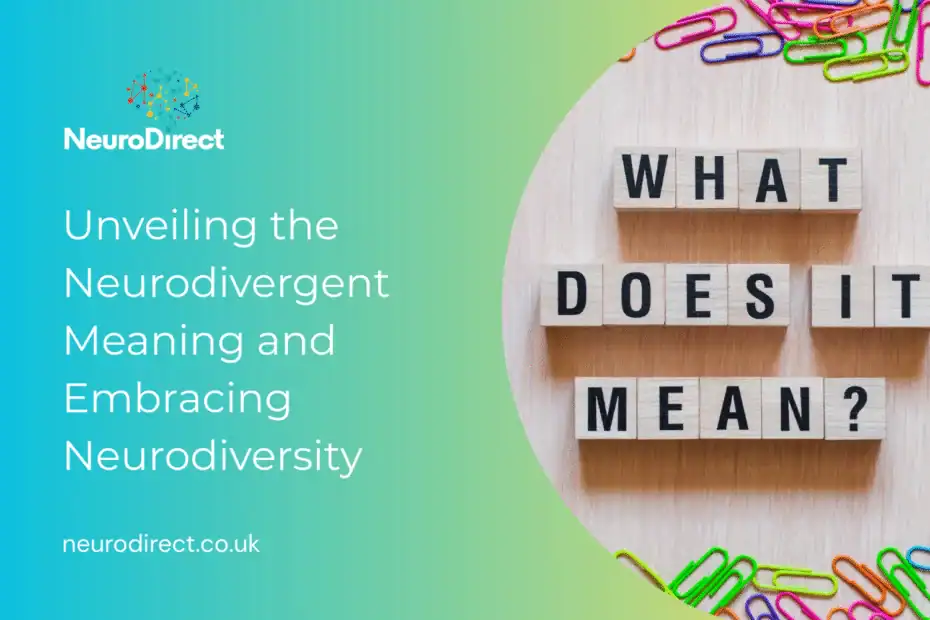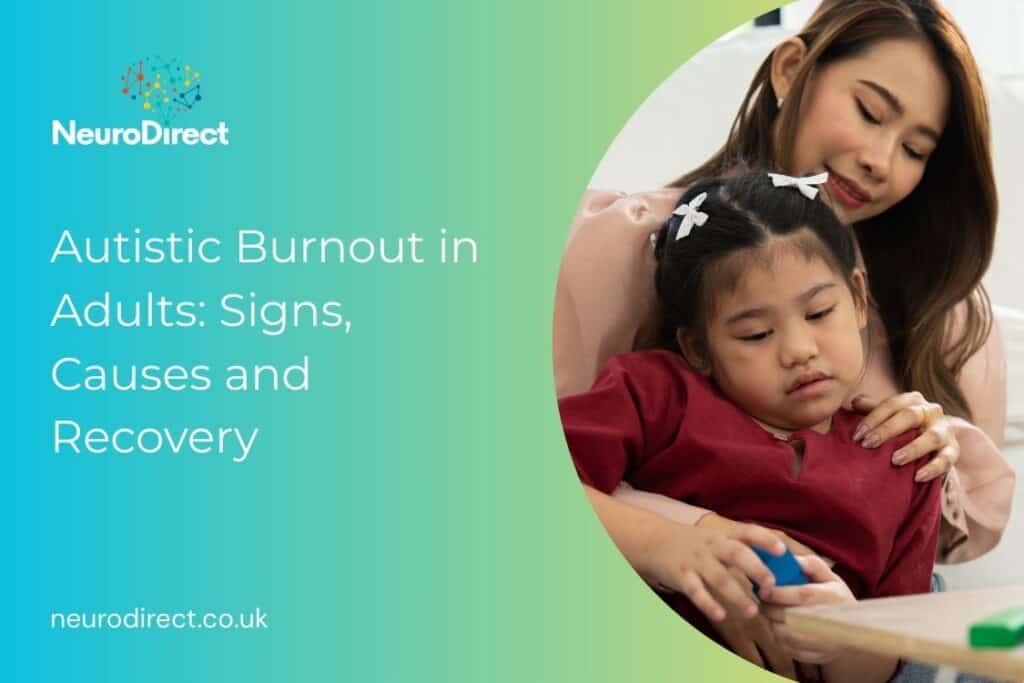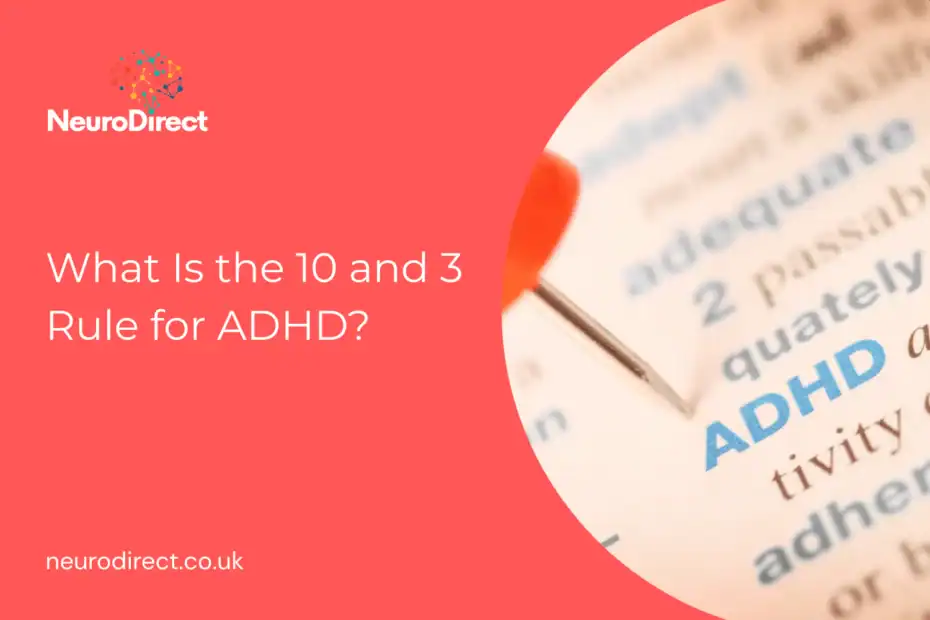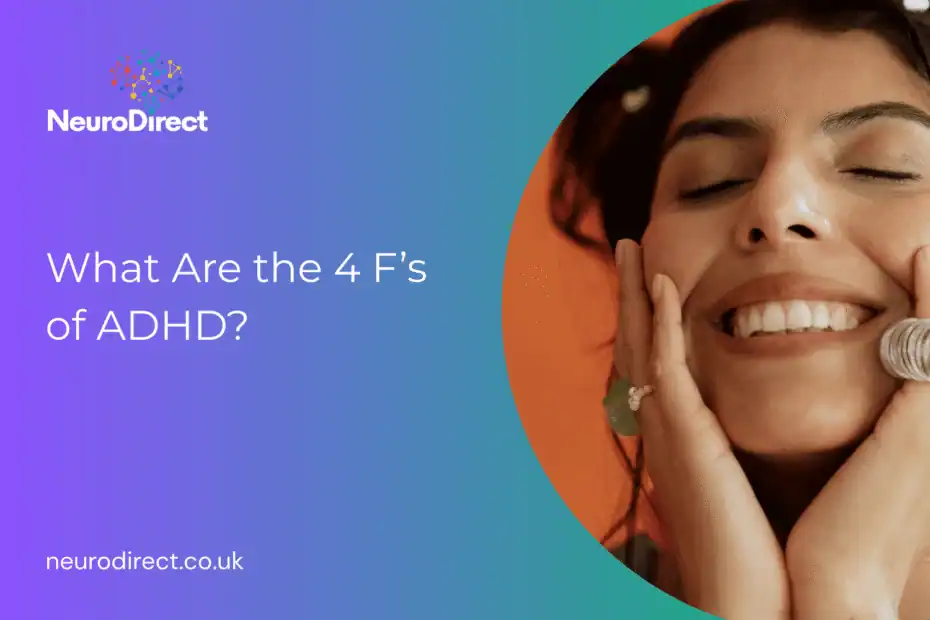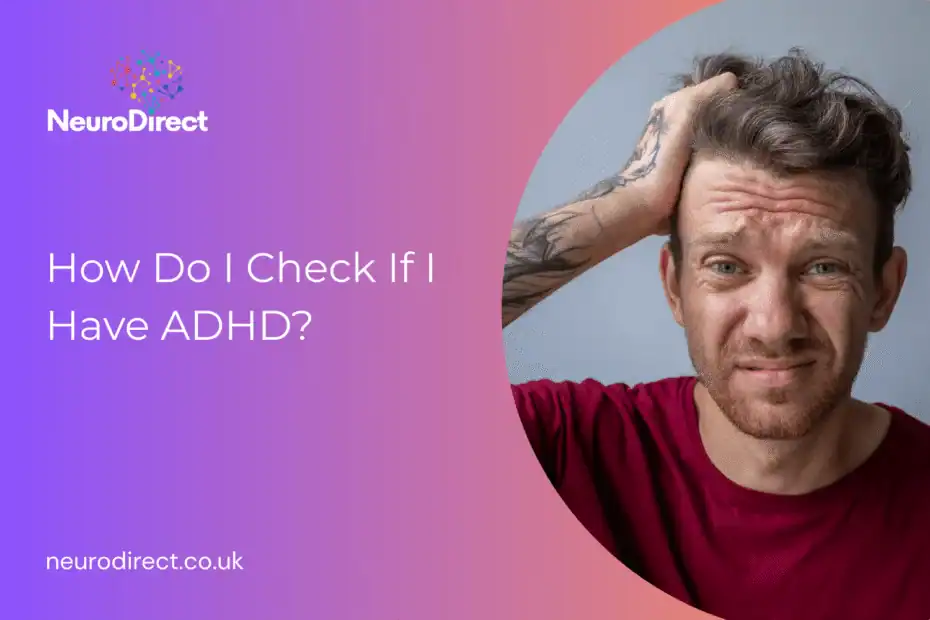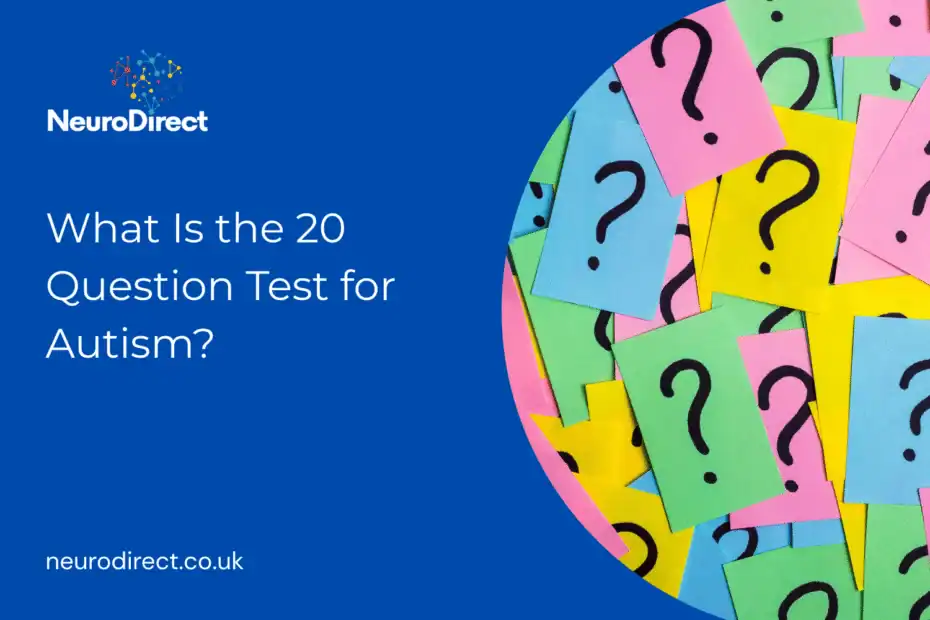
Introduction to Neurodivergence
Understanding the neurodivergent meaning opens doors to appreciating the full spectrum of human neurological diversity. Rather than labeling certain brain types as “normal” or “abnormal,” neurodivergent individuals celebrate variation as part of the human experience. This article delves into the neurodivergent meaning, tracing its history, key traits, common conditions, misconceptions, and the vibrant advocacy movement shaped by society’s evolving understanding.
1. The History and Evolution of the Neurodivergent Meaning
- Early Diagnoses: Recognition of conditions like autism emerged in the early 1900s, though misunderstandings and misclassifications were common.
- The 1990s Shift: In the late 1990s, sociologist Judy Singer coined “neurodiversity,” giving rise to the modern neurodivergent meaning focused on strength-based perspectives.
- Concept Expansion: Over time, neurodivergence has grown to include ADHD, dyslexia, dyspraxia, and more, evolving into a social philosophy and movement embracing neurological diversity over deficit models.
2. Understanding Neurodiversity: Core Principles
The neurodivergent meaning extends beyond clinical definitions into a social ethos akin to recognising diversity of gender, ethnicity, or disability. Its core pillars include:
- Inclusion – Designing environments that accommodate neurological differences
- Empowerment – Promoting self-advocacy and celebrating strengths
- Respect – Validating neurodivergent ways of thinking and engaging
Learn more about what neurodiversity means.
3. Characteristics of Neurodivergent Individuals
Although traits vary across individuals and conditions, common patterns include:
- Unique Thinking Patterns – Creativity, innovation, and unconventional approaches
- Intense Focus (Hyper‑focus) – Deep concentration in areas of interest
- Social‑interaction Differences – Challenges with reading cues or social norms
- Sensory Processing Variations – Sensitivity or seeking of stimuli
Recognising this wide range of traits helps create more inclusive and supportive environments.
Curious if you or someone you know might be neurodivergent? Take a free, online neurodivergence screening test to gain more clarity.
4. The Neurodivergent Spectrum: Autism, ADHD, Dyslexia, and More
Neurodivergence can manifest in various forms, such as:
| Condition | Key Traits |
|---|---|
| Autism Spectrum Disorder (ASD) | Social communication differences, repetitive behaviors, specialised talents. Here is an Autism Spectrum Disorder Overview. |
| Attention Deficit Hyperactivity Disorder (ADHD) | Inattention, impulsivity, creative problem-solving, high energy. Learn more about ADHD and executive functioning. |
| Dyslexia | Reading/language processing differences, strong spatial/verbal strengths |
| Executive Function Challenges | Difficulties with organisation, time, and task management |
Each individual presents a unique blend—this diversity is at the heart of the neurodivergent meaning.
Discover helpful ADHD Screening Tests and Autism Screening Tests here.
Wondering where you or your loved one might fall on the neurodivergent spectrum? You can also find a Local Neurodivergent Specialist here too.
5. Common Misconceptions & Stereotypes
Misunderstandings often cloud the neurodivergent meaning:
- “They’re all the same.” ⋅ Reality: There’s significant variation within any diagnosis.
- “Neurodivergent people can’t succeed.” ⋅ Reality: Many thrive in tech, arts, science, and entrepreneurship.
- “It’s a disorder, not diversity.” ⋅ Reality: Neurodiversity reframes these brain types as natural human variations, not pathologies.
6. The Neurodiversity Movement and Advocacy
Advocates champion the neurodivergent meaning as a call to action:
- Awareness campaigns — Public education to reduce stigma
- Policy & Legislation — Inclusive laws in schools and workplaces
- Peer Support Networks — Connecting neurodivergent individuals and families
These efforts support the broader aim: to cultivate acceptance, accessibility, and respect.
📣 Are you a specialist supporting neurodivergent individuals? List your practice on our platform and connect with individuals seeking trusted neurodiversity-informed care.
7. Benefits and Challenges of Being Neurodivergent
Benefits
- Creativity & divergent thinking
- Hyper‑focus leading to deep skill mastery
- Authentic self-expression
Challenges
- Social stigma and misunderstanding
- Environments that don’t accommodate varied needs
- Feelings of isolation
Understanding both allows us to better support and empower neurodivergent individuals.
8. Embracing the Neurodivergent Meaning in Society
- Educational Inclusion: Adjustment of curricula and teaching methods
- Workplace Adaptations: Flexible hours, sensory-friendly workspaces, clear communication
- Cultural Shift: Valuing neurodiversity as a societal strength
Conclusion
The neurodivergent meaning is far more than a clinical label—it is a powerful affirmation of human diversity. By centering inclusion, empowerment, and respect, we recognise neurodivergent individuals not as “disordered,” but as vital contributors to our collective ingenuity and cultural richness. Advocacy and awareness are key as we build environments that celebrate all neurotypes, enriching both individuals and society.
Support and information for people with autism.
Frequently Asked Questions (FAQs)
1. What is the definition of neurodivergent?
The term “neurodivergent” refers to individuals whose neurological development and functioning differ from what is considered typical or neurotypical. The neurodivergent meaning encompasses conditions like autism, ADHD, dyslexia, and more—each representing natural variations in the human brain rather than deficits or disorders.
Take the RAADS-R Test: The Ritvo Autism Asperger Diagnostic Scale-Revised is a widely used self-assessment tool for adults.
2. What are some common neurodivergent conditions?
Common conditions that fall under the neurodivergent spectrum include Autism Spectrum Disorder (ASD), Attention Deficit Hyperactivity Disorder (ADHD), dyslexia, dyspraxia, and Tourette syndrome. These conditions are characterised by differences in communication, learning, attention, behavior, or sensory processing.
3. What are some misconceptions about neurodivergent individuals?
A widespread misconception is that all neurodivergent people exhibit the same traits. In reality, there is immense diversity within each condition. Another myth is that neurodivergent individuals cannot succeed in life, despite many excelling in areas like science, technology, and the arts.
4. How can workplaces accommodate neurodivergent employees?
To support neurodivergent employees, workplaces can offer flexible work environments, noise-reducing tools, clear communication protocols, and individualised task structures. Recognising the neurodivergent meaning in a professional setting ensures inclusive practices that benefit both employees and employers.
5. How can families best support neurodivergent loved ones?
Families can support neurodivergent individuals by fostering open communication, learning about their specific needs, advocating for accommodations, and encouraging self-expression. Understanding the neurodivergent meaning from a strengths-based perspective helps nurture growth and confidence.
Take the ASRS v1.1 Test: This short screener helps adults identify symptoms commonly associated with ADHD.


